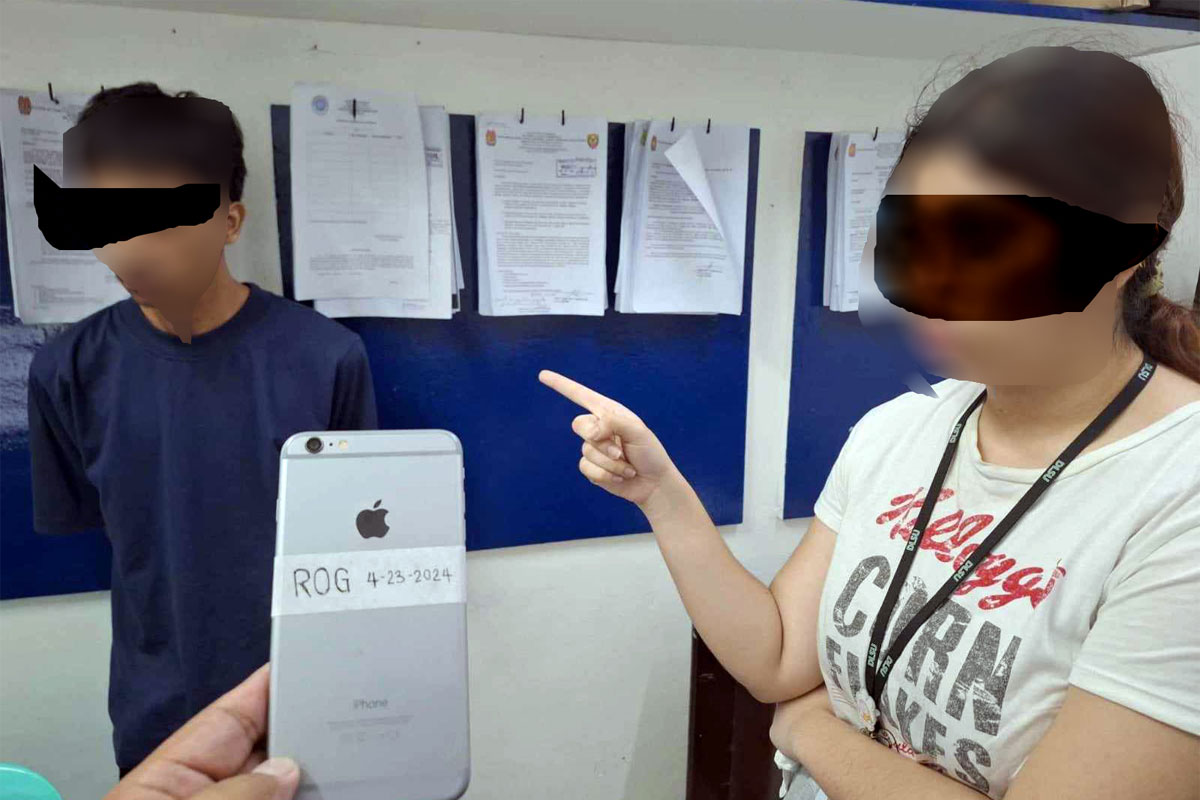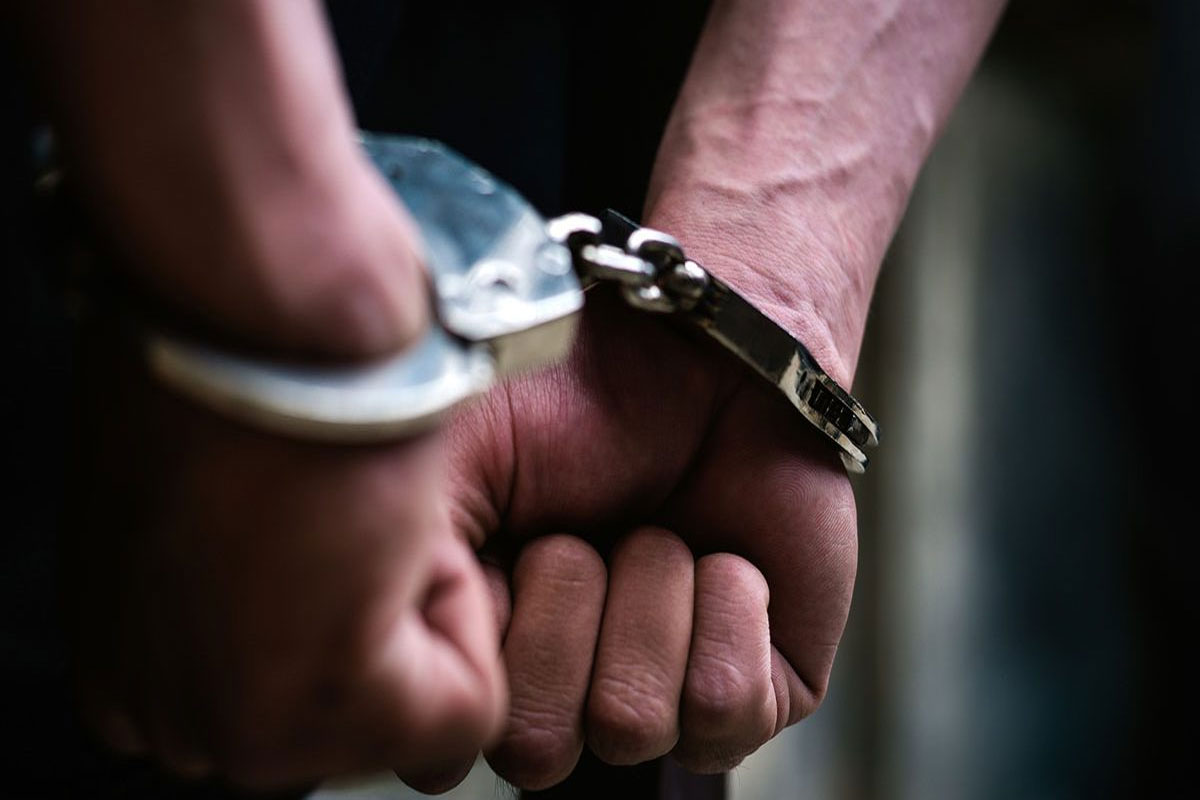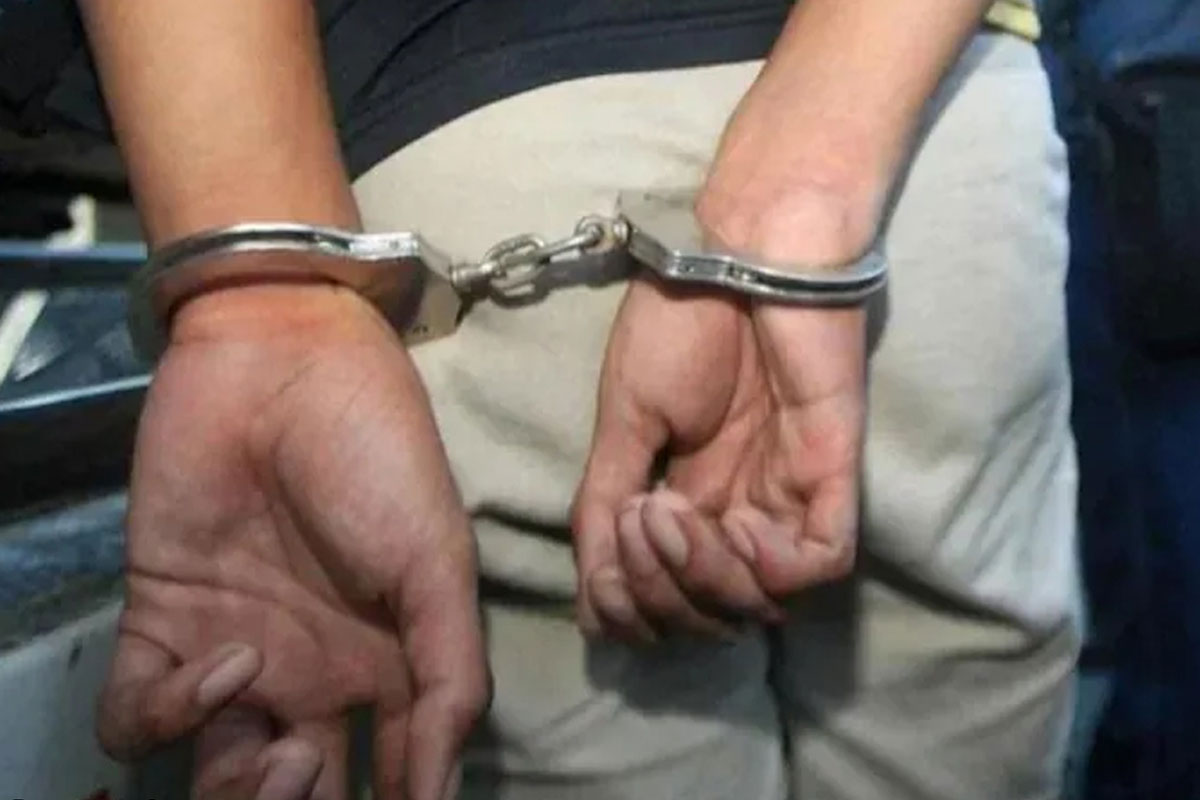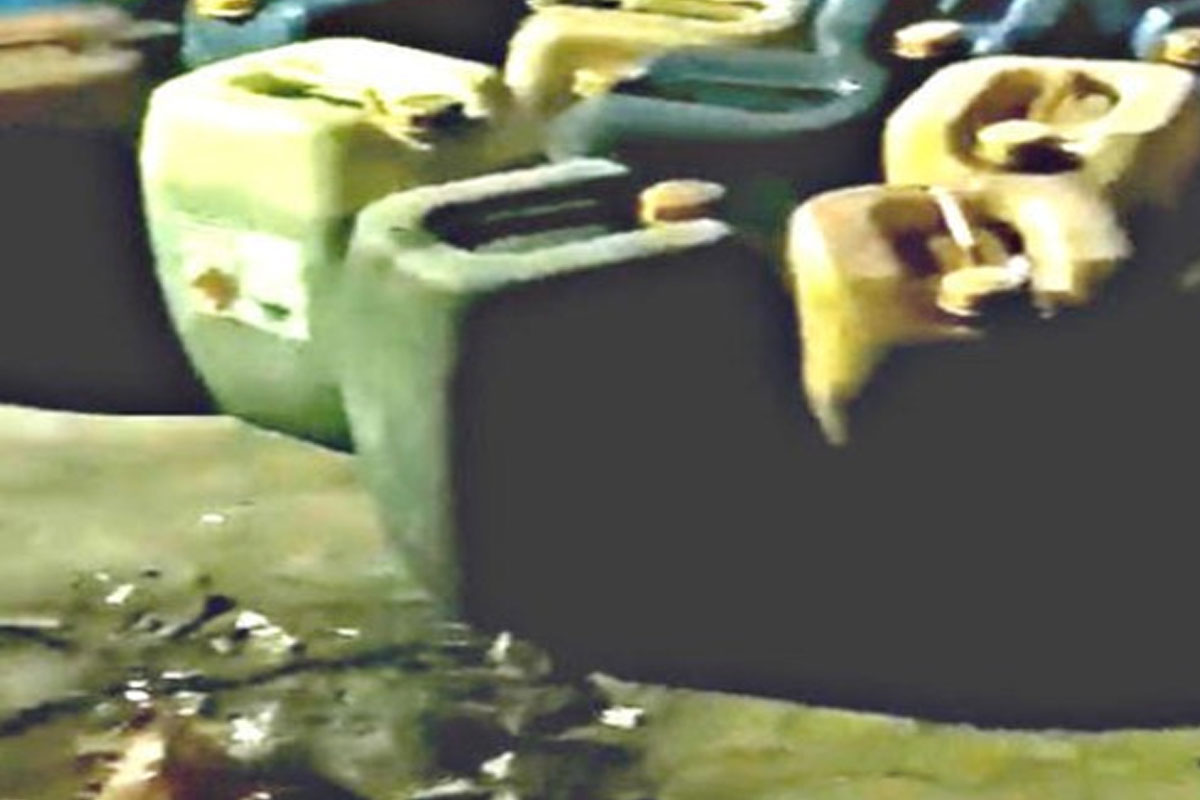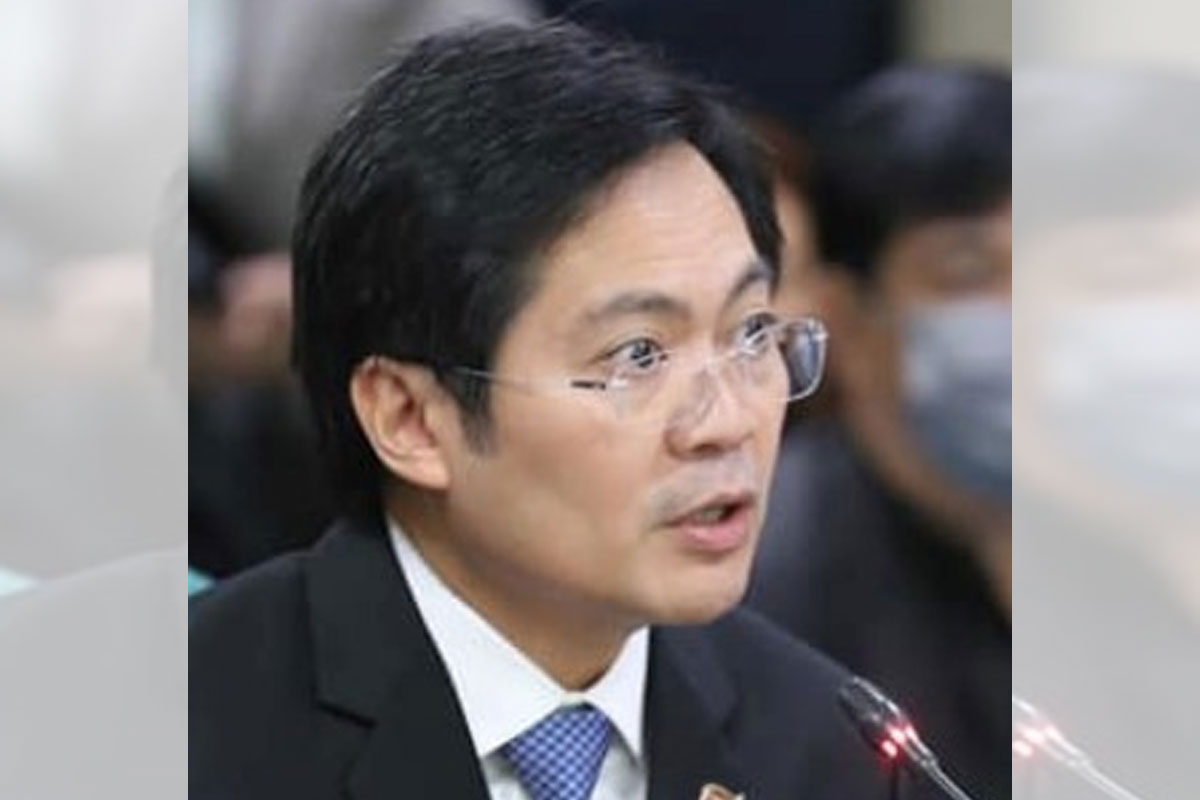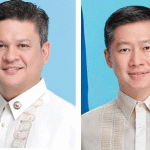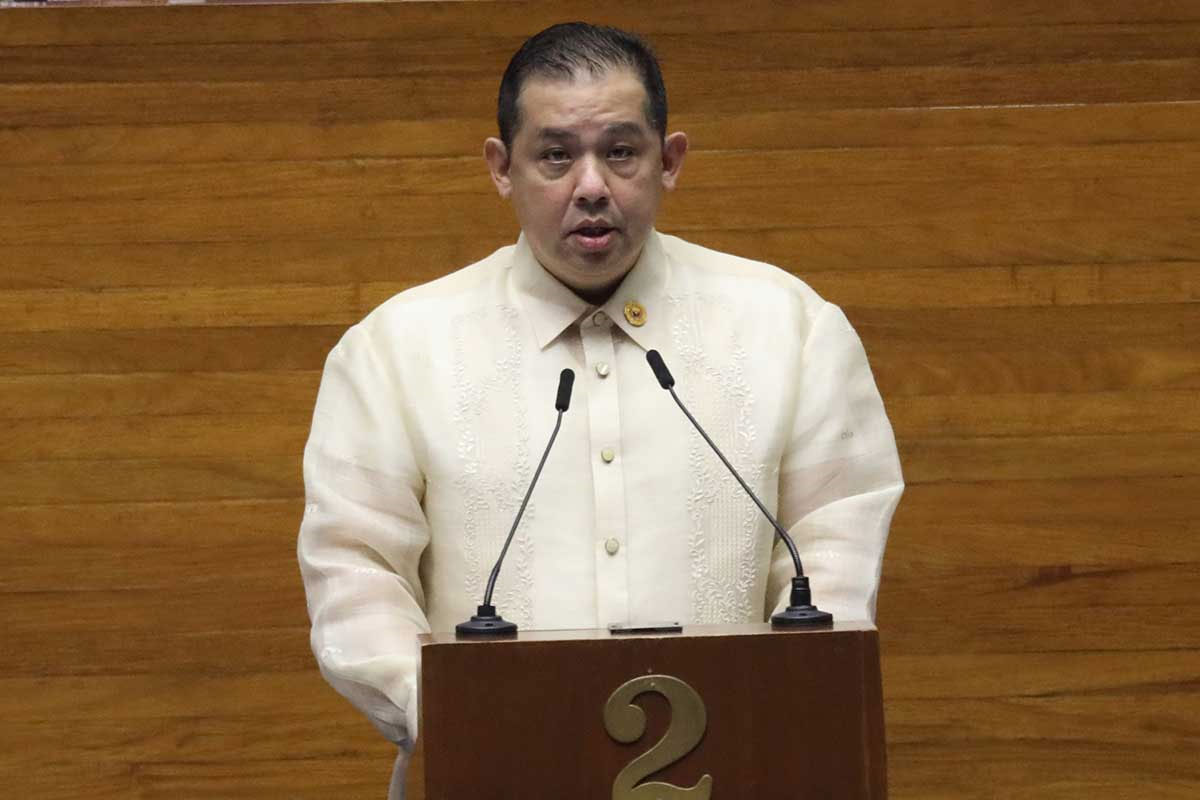
SC disbars another lawyer for ‘influence-peddling’
THE Supreme Court (SC) has disbarred another lawyer for informing his client that he could “sway” resolutions of the Makati City Prosecutor’s Office in exchange for money.
In a per curiam decision, the SC en banc also ordered the attorney’s name to be struck off the “Roll of Attorneys,” effective immediately.
The disbarment is a clear sign of the judiciary’s commitment to purging the legal profession of erring members, according to SC.
The high court said the lawyer violated the Code of Professional Responsibility (CPR) when he received money from his client in exchange for a “favorable resolution” of a criminal case pending before the Makati City Prosecutor’s Office.
The Court said that the suspect’s violation of the CPR and his “duties as a lawyer” warranted the imposition of the extreme penalty of disbarment.
The dismissal was a result of an administrative complaint filed with the Integrated Bar of the Philippines–Commission on Bar Discipline (IBP-CBD) by his former client.
The victim had engaged the lawyer’s services to handle the criminal case filed by the former’s father, which was then pending before the Office of the City Prosecutor of Makati City.
He alleged that the lawyer acted as a “fixer,” and asked for money to “influence” the decision of the prosecutors. However, the victim’s father lost the case despite the attorney’s repeated assurances of a “favorable” resolution.
The IBP-CBD found the lawyer guilty of violating Canons 1, 15 to 20 of the CPR and the “Lawyer’s Oath” for his unlawful, dishonest, and deceitful conduct, making him unfit to practice law.
The commission recommended the disbarment.
The SC concurred with the findings of the IBP-CBD and held that there was substantial evidence to convince the Court that the lawyer received the money in consideration of his legal services and for the mobilization of his contacts at the National Prosecution Service (NPS).
Records showed that the lawyer’s receipt of millions of pesos from the complainant was adequately supported by substantial evidence through his own admissions and the checks issued by the complainant amounting to P13.3 million, with the lawyer indicated as the payee.
The Court reiterated that the act of “influence-peddling” by a lawyer erodes the public’s trust and confidence in the legal system, putting the administration of justice in a bad light.



